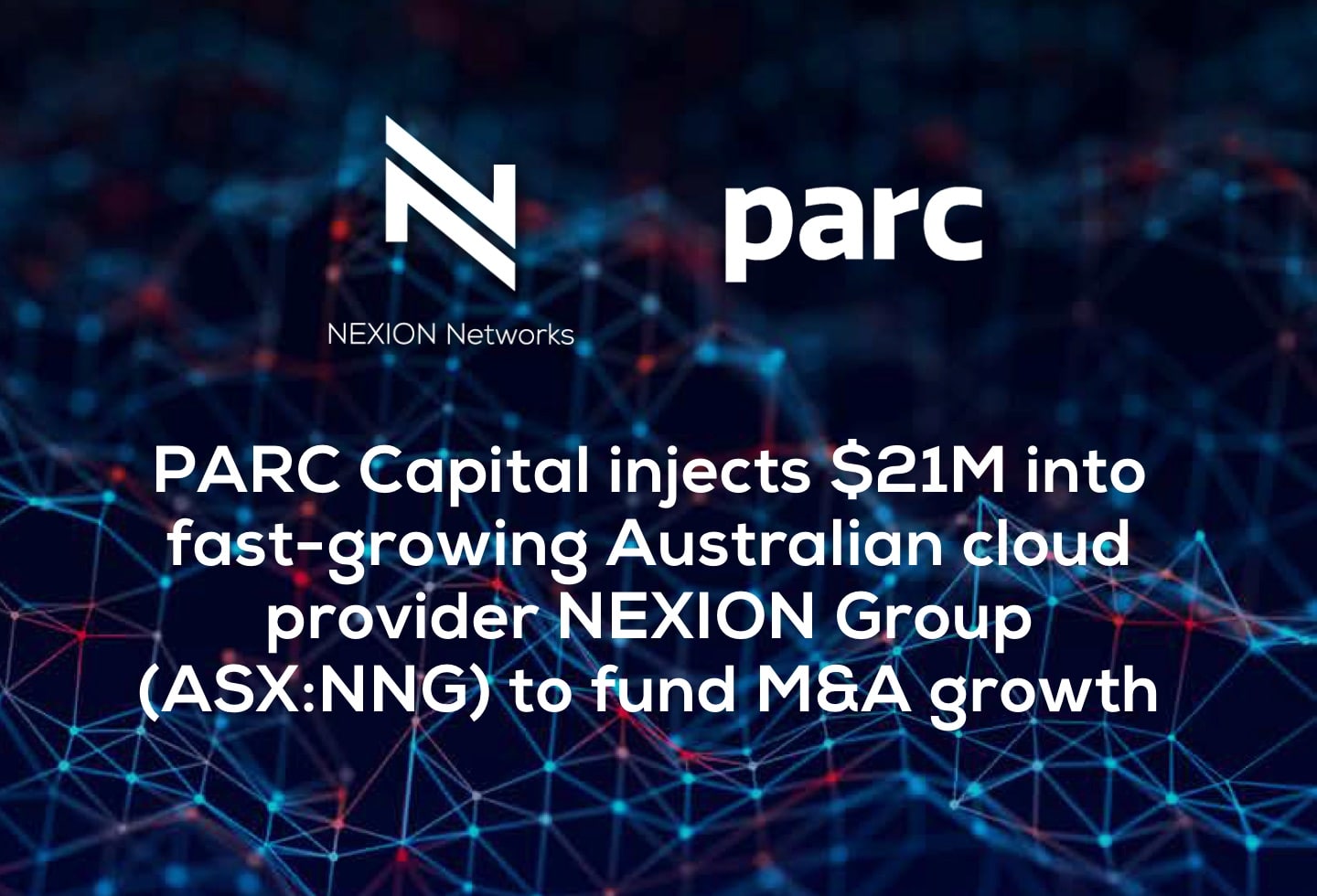Cloud computing is arguably one of the biggest disruptors to have happened over the last 15 years.
The revolution has impacted many facets of our daily lives. Think Netflix, Spotify or Zoom – which enable us to watch movies, listen to music, or have meetings on any device (laptops, tablets, smartphones), anywhere.
At the enterprise level, the cloud technology has saved billions of dollars globally by allowing companies to pay on the go, and enabling them to scale up or down their storage and computing requirements on a need-to basis.
Advisory company Gartner predicts that worldwide spending on public cloud services will reach US$400 billion ($540 billion) in 2022, from US$270 billion in 2020.
Two main areas of cloud computing: IaaS and SaaS
Broadly speaking, cloud computing refers to the on-demand availability of computer resources – specifically data storage and computing power – without any direct active management by the user.
Rather than having to operate their own costly computing infrastructure or data centres, companies can rent access to a cloud server (called the public cloud servers), to store data and run all their applications. This removes the need for large capital spend on an in-house infrastructure.
As technology develops, the cloud industry has branched out into several different services, but the bulk of revenues are coming from two main sources : infrastructure-as-a-service (IaaS) and software-as-a-service (SaaS).
The IaaS service, which provides data storage and computing resources described above, is dominated by the big tech global firms.
Amazon pioneered the industry when it introduced the Amazon Web Services (AWS) back in 2006, and still dominate market share today. Then came the Google Cloud Platform, Microsoft Azure, IBM SmartCloud, Oracle Cloud, and Alibaba Cloud in the years following.
Collectively, these six giants make up 80% of the global IaaS market, according to a Telsyte report.
The SaaS market meanwhile, provides software solutions or applications that are built and run on top of the cloud infrastructure.
The SaaS market is dominated by five giant players globally – Microsoft, Salesforce, Adobe, SAP, and Oracle.
In light of such overwhelming competition, how do Australian cloud computing companies on the ASX stack up?
IaaS stocks on the ASX
Generally speaking, domestic players in Australia are not building new cloud servers to compete with the global giants, but are instead providing the services to connect to the exisiting infrastructure.
Brisbane-based Megaport (ASX:MP1) is probably the most well known player on the ASX in the IaaS space.
Megaport does not own data centres per se, but rather partners with them and provides fast access to the major public cloud servers – AWS, Microsoft Azure, Google Cloud Platform etc.
The company’s Software Defined Networking (SDN) technology provides the on-demand point of entry and connects to 740+ enabled servers across the Asia Pacific, North America, Europe, and the Middle East.
Nexion (ASX:NNG) is another IaaS company that provides clients access to the public cloud networks, but it does this with a certain twist.
The company has partnered with IBM Global Technology Services to provide a ‘hybrid’ cloud service, which basically allows customers to access the public cloud, but also bring their own physical resources.
This is because a lot of companies want to store data in the cloud, but often they have legacy infrastructure to run their core delivery systems that’s not compatible with a public cloud. The hybrid cloud solution effectively solves this problem.
Sovereign Cloud (ASX:SOV), which operates under the AuCloud brand, is an IaaS provider exclusively focused on the defence and critical industries.
Due to the sensitive nature of its clients, the company does not provide an access point to the public cloud, but rather operates its own data centres in Canberra and Sydney designed to meet ASIO standards.
Sovereign made its ASX debut in December after raising $20m at 75c per share.
Other IaaS companies on the ASX include NextDC (ASX:NXT), DXN (ASX:DXN), and DC Two (ASX:DC2).
For a more global and diversified exposure to the cloud computing sector, investors could also buy into ASX-listed BetaShares Cloud Computing ETF (ASX:CLDD).
CLDD tracks exposure to leading companies in the global cloud computing industry (both IaaS and SaaS), which includes international tech names such as Zoom, Shopify, Salesforce, and Dropbox.



